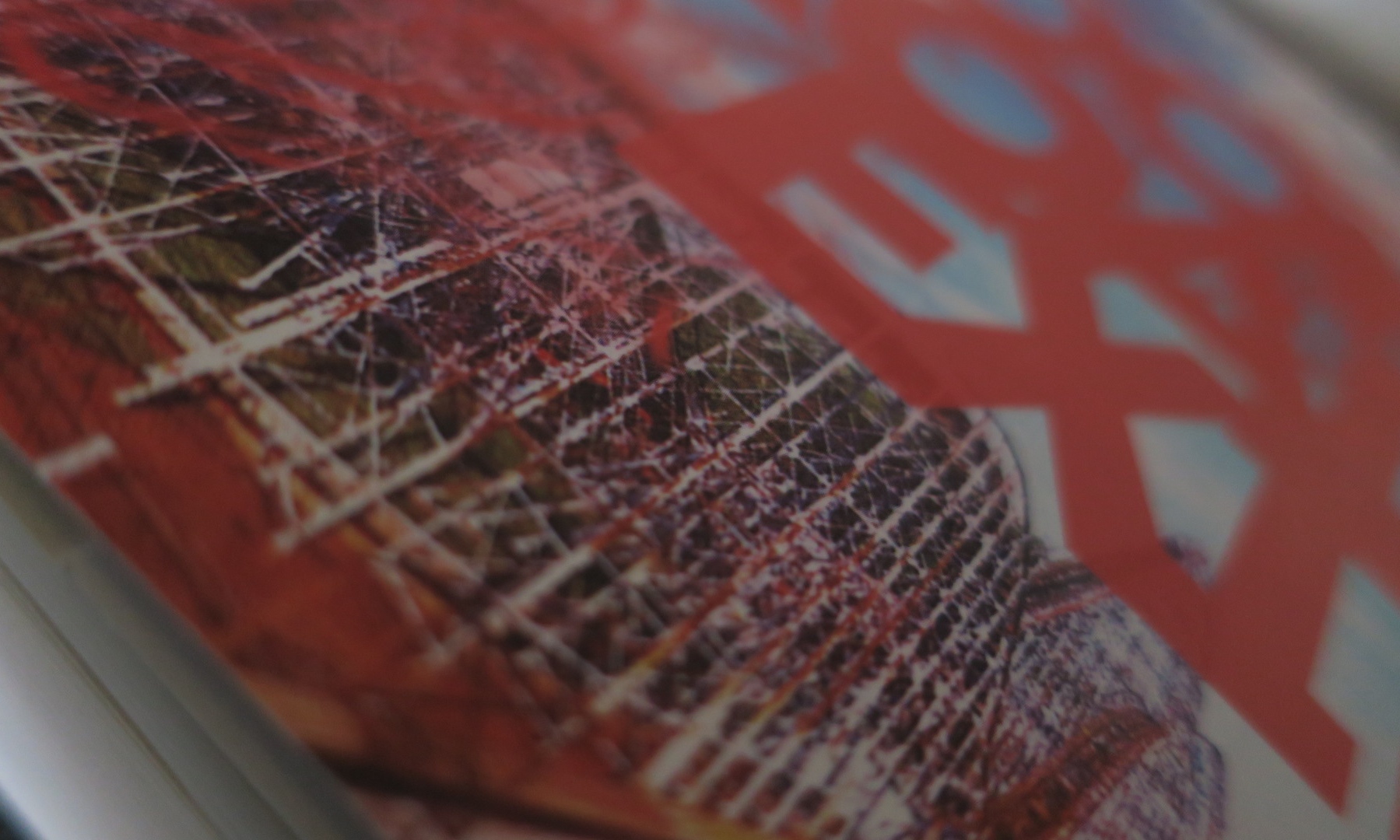a bookclique pick by Tanya Boteju
In Amber Dawn’s second novel, Sodom Road Exit, loss, haunting, desire, and trauma roll in waves through the story like the famous ‘Cyclone’ roller coaster brought to life in its pages. And like a roller coaster, this story is both terrifying and strangely satisfying. The terror comes in many forms — the torment of childhood sexual abuse, the despair of communities left in economic ruin, and most unexpectedly, a ghostly entity that grows stronger as it inhabits its victims. But Amber Dawn mixes in with these horrors so many moments of humour, eroticism, and compassion for her characters that I was left both unsettled and satisfied.
Set in the 1990s, the book revolves around Starla Mia Martin, who returns to her mostly abandoned childhood town of Crystal Beach, Ontario after she incurs substantial debt and drops out of university. The lakeside village of Crystal Beach has lost its once-prized amusement park, home to the ‘Cyclone,’ and is a fitting ghost town setting for a novel that has been called a “supernatural erotic thriller.” As Starla contends with an overbearing mother, her closeted lesbianism, and childhood trauma, she becomes an object of desire for Etta, the ghost of a professional roller coaster ‘screamer’ and escort who died in a roller coaster accident in the 1940s.
I appreciated so many aspects of this book — the distinctly Canadian setting, Starla’s laugh-out-loud reactions to horrible circumstances, female relationships (ghostly and otherwise) that are thoughtfully rendered in their imperfection and beauty, and the author’s unapologetic centering of queer desire. Here, a love triangle forms between an awkward and broken Starla; Tamara, a stripper who is wise and compassionate beyond her years; and Etta, the ghost whose desperate attempts to be remembered and find her voice again fill Starla with intense desire while simultaneously diminishing her bit by bit. As Starla struggles with her natural and supernatural encounters, a cast of unusual characters help her to survive. In this way, we understand that while trauma can consume, community holds the power to restore and strengthen us.

